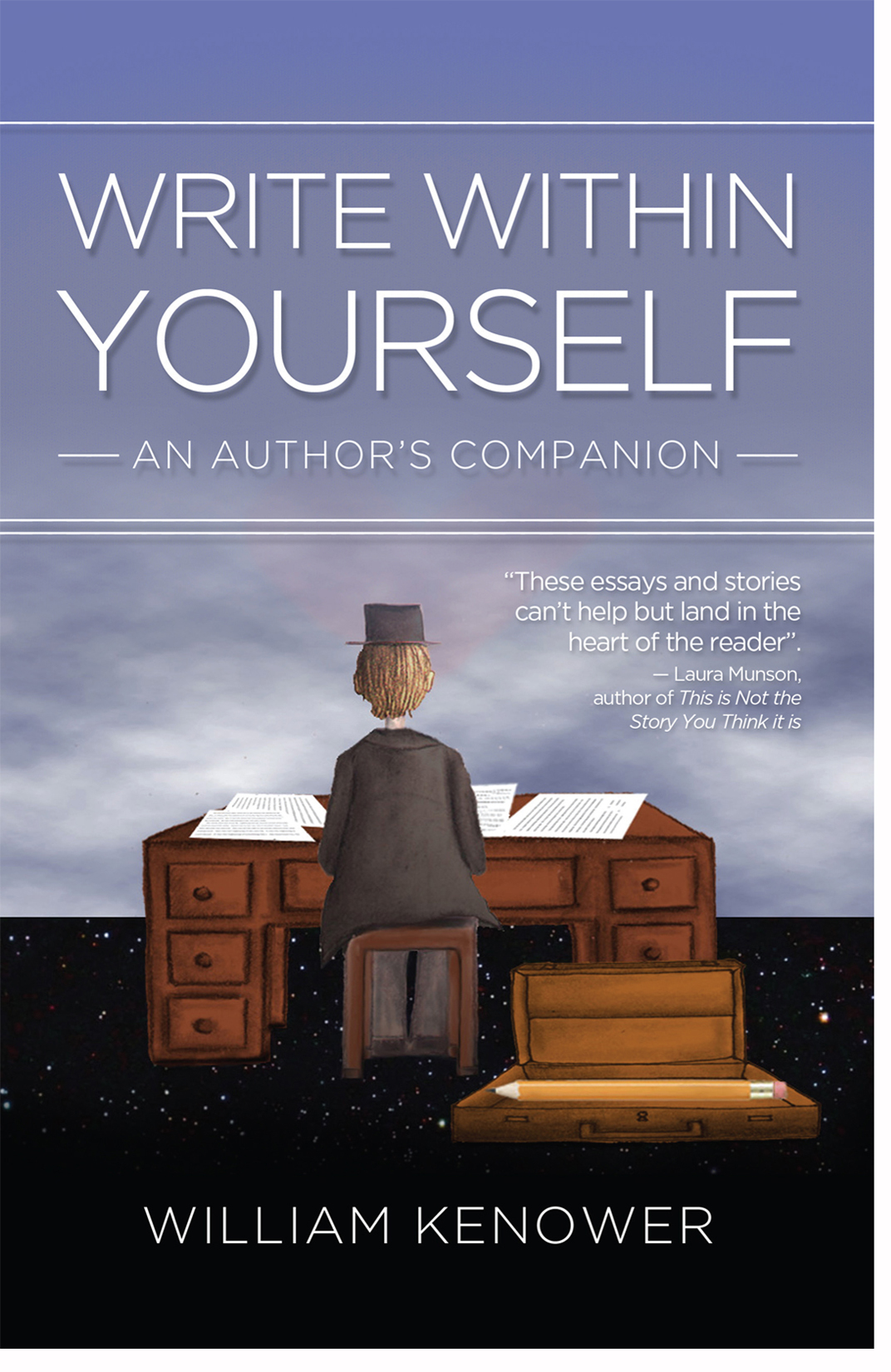The Journey Back
I’ve written in this space several times about reading a passage from one of my novels to a creative writing class. The story was based on the summer after my senior year in high school, a time of tumultuous change for me, in large part because the girl I loved had just moved 3,000 miles away. I would eventually find and marry this girl, but I did not know that then, and I was very unhappy. The chapter I read to the class depicted the evening after the narrator, Tom, said goodbye to his girlfriend. Tom is end-of-the-world distraught, and there is little his friends can do that night to cheer him up. The class was evenly divided in their response to the chapter. Half the class didn’t understand what Tom was so upset about. She’s just a girlfriend; he’s just eighteen. Life goes on and there are more fish in the sea. The other half of the class knew exactly why Tom was so upset. The girl he loved was gone. What’s not to be upset about?
I knew it was possible to help the first half of the class understand why his girlfriend leaving was a Big Problem. This would be the focus of my rewriting: to help certain people see problems where they did not previously believe they existed. Yet what a strangely diabolical job. Why must a storyteller upset his reader? If someone has a balanced view of something like love and loss, why not leave them be?
Because sometimes we do not know we have something until we are deprived of it, just as sometimes we do not know we are carrying something heavy until we are allowed to set it down. A story is not a punishment, but a reward, and the hero’s suffering is an expression of life lived without that story’s gift. It is a relief to come to the end, to return to ourselves, glad for the journey back and for what we might have found along the way.
Write Within Yourself: An Author's Companion.
"A book to keep nearby whenever your writer's spirit needs feeding." Deb Caletti.
You can find Bill at: williamkenower.com


